Business activities at Bao Viet Bank. Photo: VNA |
According to Deputy Governor of the State Bank of Vietnam Pham Thanh Ha, the global economy is facing many risks and instabilities. For example, early in the morning of July 8 (Vietnam time), the US announced a tax rate of 25-40% for 14 countries, effective from August 1, and warned that it would increase the tax if these countries retaliate. In addition, although inflation has cooled down to the target level, there is still a potential risk of rising again.
"Thus, potential risks in the world financial and monetary markets create pressure on the management of domestic monetary policy, exchange rates, and interest rates as well as the implementation of the goal of supporting economic growth of 8% or more in 2025," the Deputy Governor emphasized.
In this context, the State Bank's leaders said they will operate monetary policy proactively, flexibly, promptly, effectively, synchronously, harmoniously, and closely with fiscal policy and other policies, contributing to prioritizing economic growth while stabilizing the macro economy and controlling inflation.
In particular, the State Bank continues to direct credit institutions to reduce operating costs, increase the application of information technology, digital transformation and other solutions to reduce lending interest rates; continue to closely monitor international and domestic market developments, flexibly manage exchange rates, in accordance with market conditions, and synchronously coordinate with monetary policy tools to stabilize the foreign exchange market, contributing to stabilizing the macro economy and controlling inflation.
The State Bank will continue to implement credit management solutions in line with macroeconomic developments, inflation and the economy's capital absorption capacity to contribute to promoting economic growth. Direct credit institutions to increase credit growth safely and effectively, directing credit to production and business sectors, priority sectors and economic growth drivers under the direction of the Government and the Prime Minister ; strictly control credit in potentially risky sectors.
The State Bank will also continue to implement the Project on restructuring the system of credit institutions associated with bad debt settlement in the 2021-2025 period; promote bad debt settlement; deploy measures to prevent and limit the emergence of new bad debts; focus on implementing the Decrees on non-cash payments, the Decree on Controlled Testing Mechanism in the banking sector; effectively coordinate the implementation of the banking sector's plans on digital transformation, on implementing Project 06, on implementing Resolution No. 57-NQ/TW; strengthen the security, safety and confidentiality of payment and banking activities; protect the legitimate rights and interests of customers...
By the end of June 2025, credit in the entire economy reached more than 17.2 million billion VND, an increase of 9.9% compared to the end of 2024, equivalent to an increase of 19.32% over the same period. This is the highest growth rate since 2023, showing clear signs of recovery in the economy, especially in areas such as manufacturing, agriculture, supporting industries, etc.
Mr. Pham Chi Quang, Director of the Monetary Policy Department - State Bank, assessed that the credit growth in the first half of 2025 was 2.5 times higher than the same period last year, contributing significantly to promoting economic growth. At the same time, with this year's inflation target of about 4.5%, higher than in 2024, the State Bank still has room to promote credit without putting great pressure on the price level.
"Capital is the lifeblood of the economy, so for the Vietnamese economy to achieve 8% growth this year and double-digit growth in the following years, credit is an indispensable driving force," said a representative of the State Bank.
However, Mr. Pham Chi Quang also emphasized that credit management will always go hand in hand with credit quality control, bad debt monitoring and ensuring system safety. Continuing to restructure credit institutions in conjunction with bad debt handling according to the roadmap until 2025 is also one of the key tasks.
Updating on the Credit Program for loans for social housing, workers' housing, renovation and reconstruction projects of old apartments according to Resolution 33/NQ-CP, the representative of the State Bank said that implementing the direction of the Government and the Prime Minister, on January 3, 2025, the State Bank issued a document directing commercial banks to participate in the Program for loans for social housing, workers' housing, renovation and reconstruction of apartments according to Resolution 33/NQ-CP.
Accordingly, outstanding loans to subjects under the Program that commercial banks have registered to participate in with the State Bank will not be counted in the annual credit growth target of commercial banks announced by the State Bank; The maximum implementation period of this policy is until 2030 and the loan turnover does not exceed the amount of money that commercial banks have registered to participate in the program.
The current subsidized loan interest rate is 6.4%/year for investors and 5.9%/year for home buyers, down 0.2% compared to the period announced 6 months ago and significantly down from 8.7% and 8.2%/year for investors and home buyers at the time the program was first implemented.
By the end of May 2025, commercial banks had disbursed VND 4,094 billion, including VND 3,464 billion to investors in 27 projects and VND 630 billion to home buyers in 25 projects.
In addition, the State Bank has also actively implemented digital transformation programs and ensured the security of the payment system. By June 27, 2025, more than 119 million individual customer records and more than 1.1 million organizational records had been updated with biometric information, contributing to the elimination of nearly 86 million "dead" accounts, reducing the number of financial frauds by 57% compared to the same period last year.
Thus, the number of individual customers updating biometrics has reached 100% of the total number of personal accounts generating transactions on digital channels and for institutional customers, it has reached over 70%. Data synchronization and system security not only contribute to reducing fraud risks, but also serve as a foundation to promote financial inclusion and increase people's trust in the banking and financial system.
According to baotintuc.vn
Source: https://huengaynay.vn/kinh-te/tiep-tuc-giam-lai-suat-ho-tro-tang-truong-kinh-te-cuoi-nam-155446.html


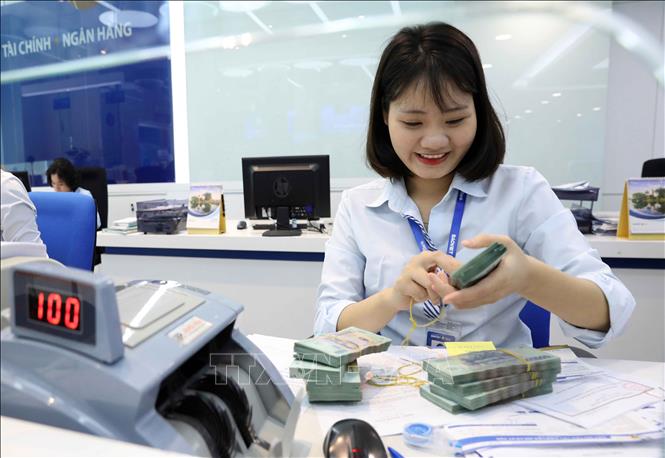
![[Podcast] No need to change passport or citizen identification when administrative boundaries change](https://vphoto.vietnam.vn/thumb/1200x675/vietnam/resource/IMAGE/2025/7/9/dfcd127b84b24a19a031801698c9a51f)


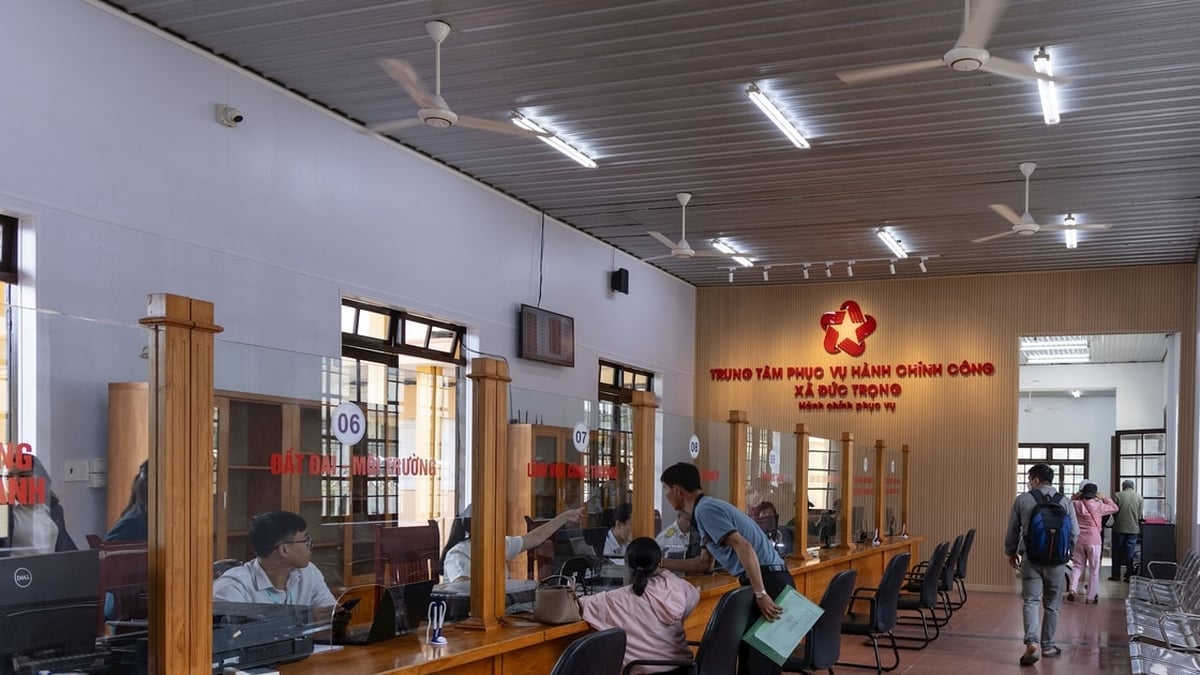
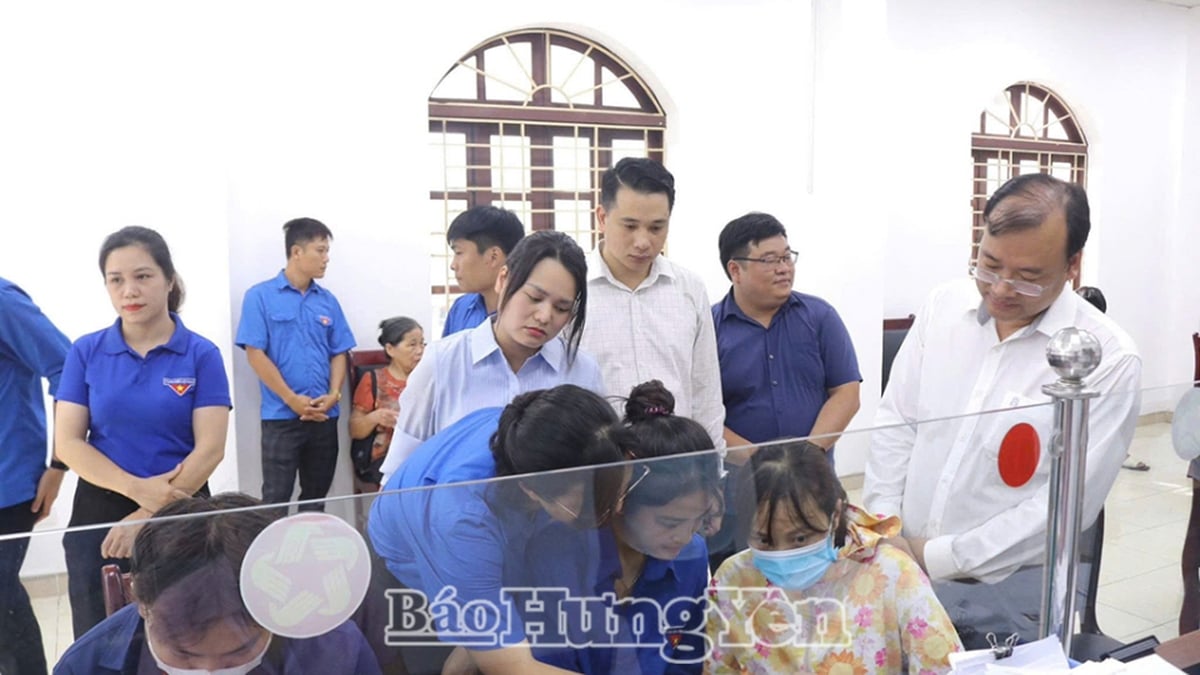


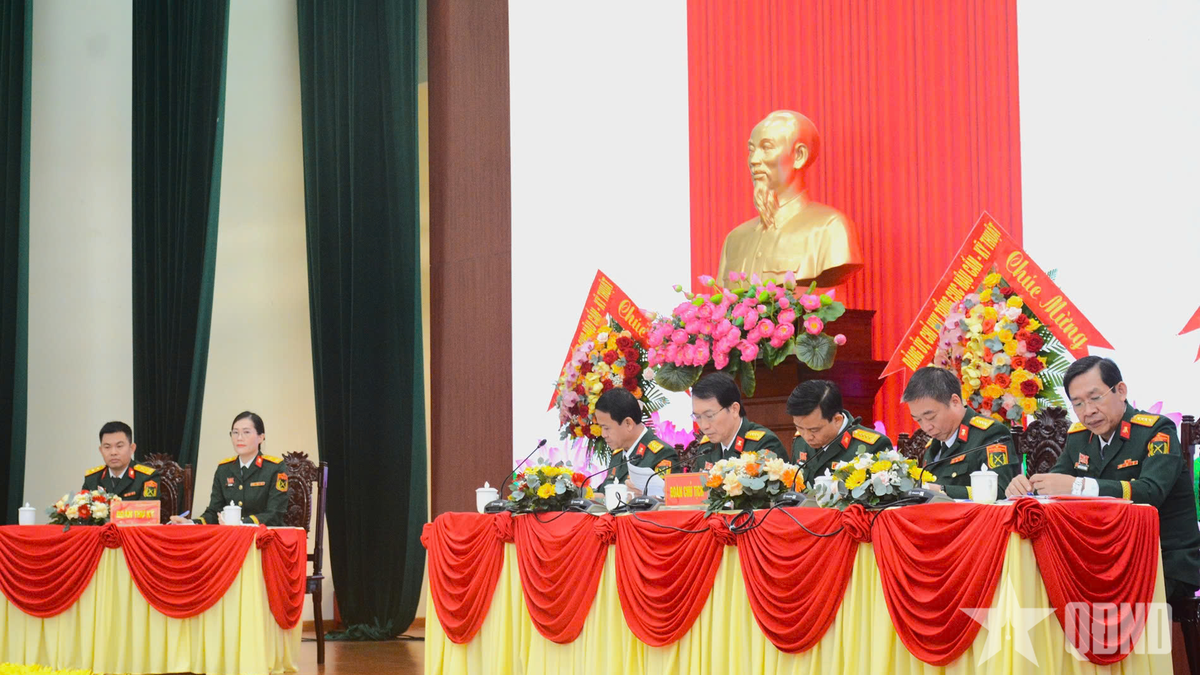
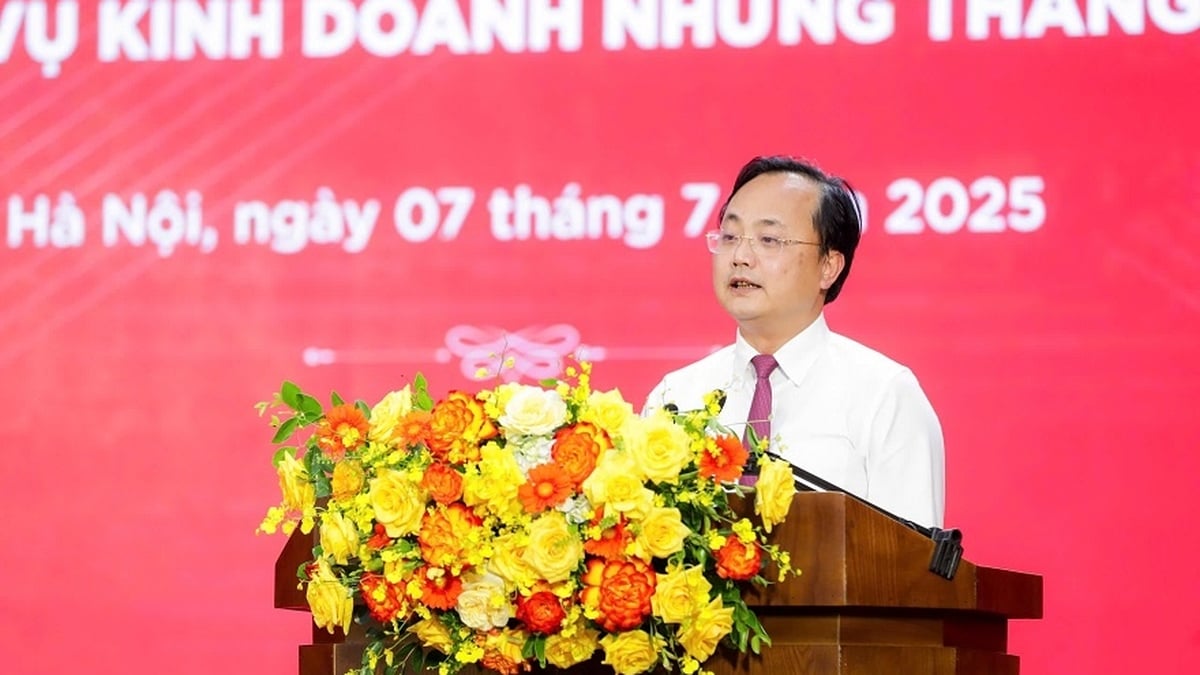









































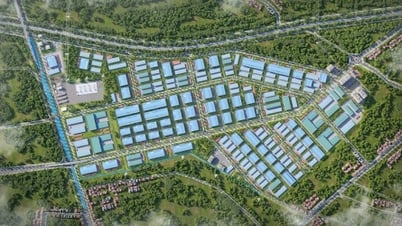






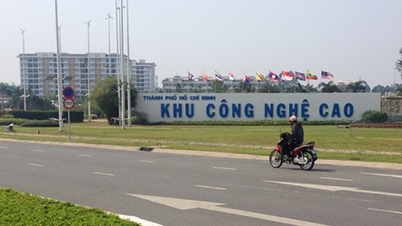

























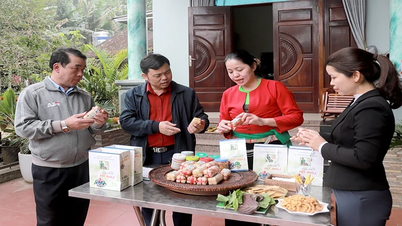












Comment (0)